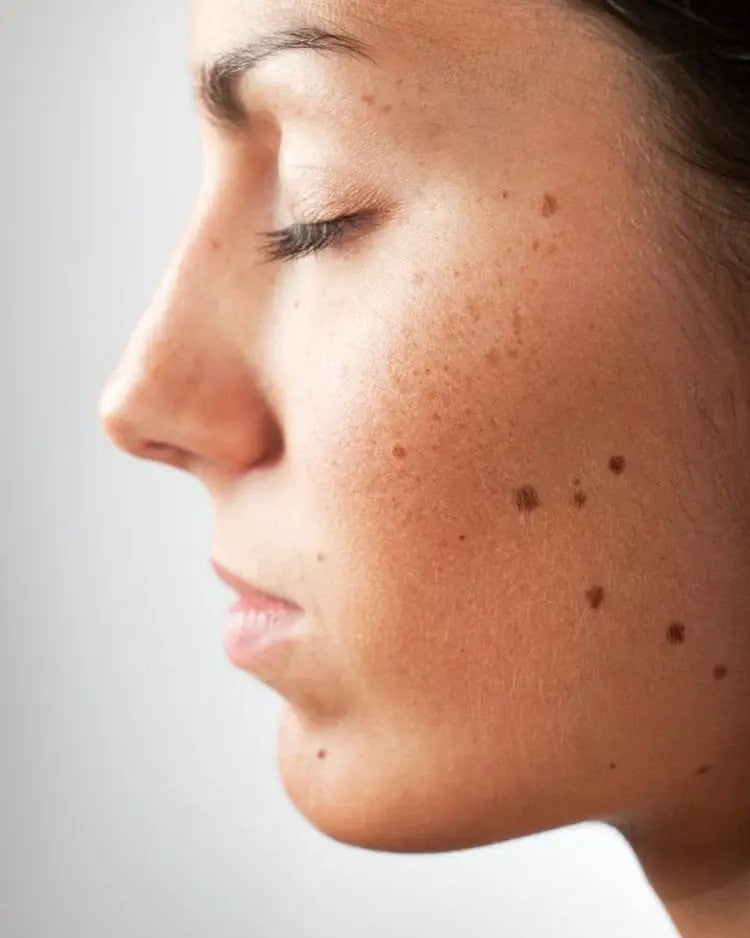When it comes to Botox and breastfeeding, many nursing mothers have concerns about the safety and potential risks involved. Botox, a popular cosmetic treatment, is well-known for its ability to reduce wrinkles and fine lines by temporarily paralyzing muscles. However, the question arises: Is it safe for mothers who are breastfeeding to undergo Botox treatments?
The National Health Service (NHS) provides guidelines to help nursing mothers make informed decisions about Botox. According to the NHS, there is currently limited research on the effects of Botox on breast milk and nursing infants. This lack of definitive evidence means that healthcare professionals often advise caution.
Understanding these guidelines is crucial for any mother considering Botox while nursing. The NHS suggests consulting with a healthcare provider before proceeding with any cosmetic treatments. This ensures that both the mother and the baby’s health are prioritized.
For those looking for more personalized advice, book an appointment / free consultation or call 647-812-8752 for more information.
NHS Guidelines on Botox Safety
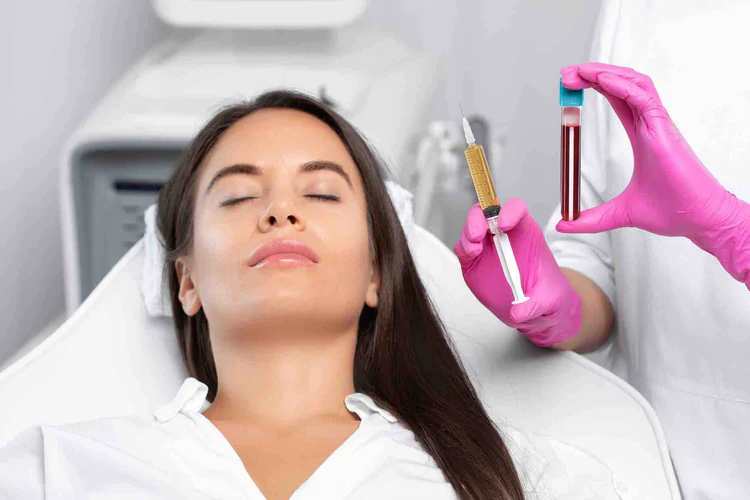
The National Health Service (NHS) in the UK provides specific guidelines regarding the safety of Botox treatments, particularly for breastfeeding mothers. These guidelines are intended to help mothers make informed decisions by understanding the potential risks and benefits associated with Botox injections.
According to the NHS, the main concern is the lack of extensive research on the impact of Botox on breast milk and nursing infants. Because Botox involves injecting botulinum toxin into the skin, there is a theoretical risk that it could enter the bloodstream and, consequently, the breast milk. However, the likelihood of this happening is considered very low.
The NHS advises that breastfeeding mothers should exercise caution and seek medical advice before undergoing Botox treatments. It's essential to have an open conversation with your healthcare provider about your concerns and any potential risks. They may provide alternative treatments or suggest delaying Botox until after you have finished breastfeeding.
In summary, the NHS does not categorically prohibit Botox for breastfeeding mothers but emphasizes the importance of individualized medical advice. By adhering to these guidelines, mothers can ensure they are making safe and well-informed choices for themselves and their babies.
Potential Risks and Side Effects
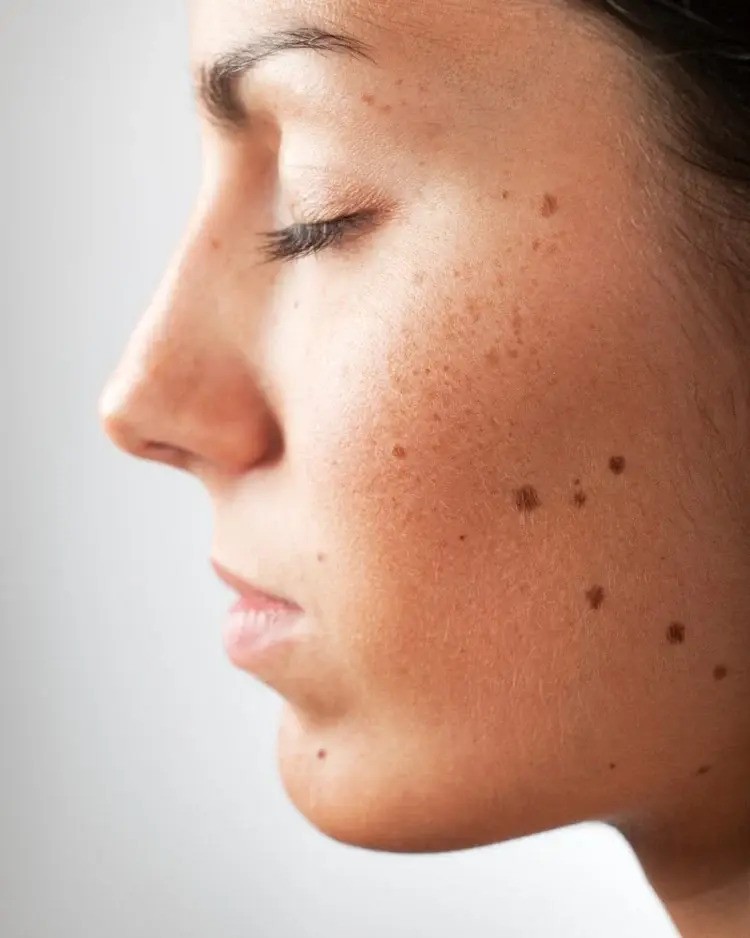
When considering Botox treatments, understanding the potential risks and side effects is crucial. Botox, or botulinum toxin, is generally regarded as a safe procedure when administered by a qualified professional. However, like any medical treatment, it does come with some risks and side effects that should be carefully considered.
Common side effects of Botox injections include:
- Bruising and swelling: These are typically mild and subside within a few days.
- Headaches: Some patients report mild headaches following treatment, which usually resolve on their own.
- Temporary muscle weakness: Since Botox works by temporarily paralyzing muscles, some individuals may experience unwanted muscle weakness in the treated area.
- Redness and irritation: The injection sites may appear red or irritated immediately after the procedure.
In rare cases, more severe side effects can occur, such as:
- Allergic reactions: Signs include itching, rash, or difficulty breathing, and require immediate medical attention.
- Drooping eyelids or eyebrows: This can happen if the toxin spreads to adjacent muscles, but it is usually temporary.
- Infection: Although rare, there is a risk of infection at the injection site.
- Vision problems: In extremely rare cases, patients may experience blurred or double vision.
It's essential to discuss any medical conditions or medications you are taking with your healthcare provider before undergoing Botox treatments. This ensures that the procedure is safe and suitable for your individual health profile.
A thorough consultation with a qualified professional can help mitigate these risks and provide you with a clear understanding of what to expect, ensuring your Botox experience is both safe and effective.
Expert Opinions on Botox While Nursing
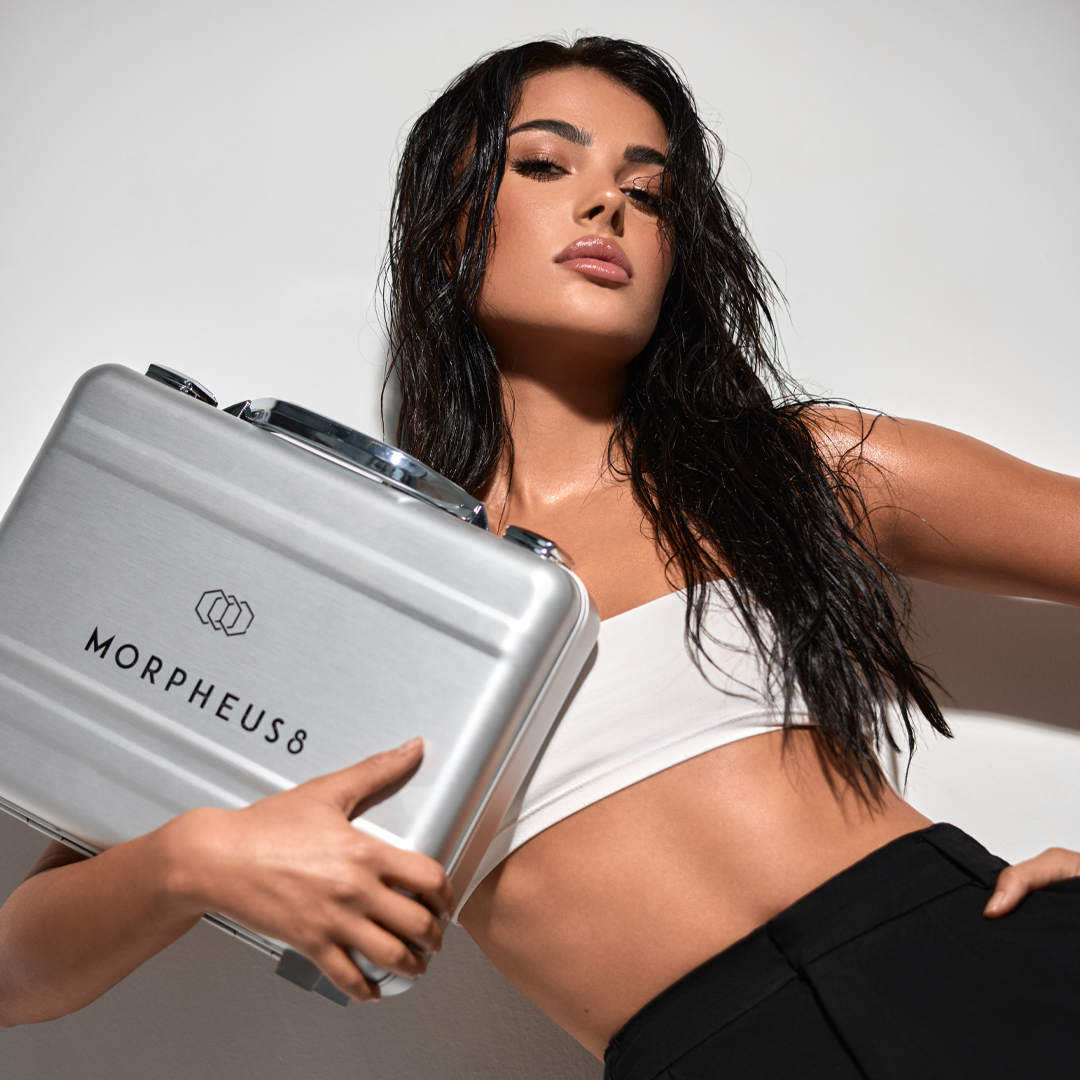
The question of whether it is safe to undergo Botox treatments while breastfeeding is a common concern among nursing mothers. To provide clarity, we turn to the opinions of medical experts and health organizations.
Currently, there is limited scientific research specifically examining the effects of Botox on breastfeeding mothers and their infants. Because of this, many healthcare professionals adopt a cautious approach. According to the NHS guidelines, while there is no concrete evidence to suggest that Botox is harmful to nursing infants, the lack of definitive studies means that its safety cannot be guaranteed. Therefore, they recommend consulting with a healthcare provider before proceeding with Botox treatments.
Dr. Jane Collins, a board-certified dermatologist, emphasizes that while Botox is minimally absorbed into the bloodstream and is unlikely to transfer into breast milk in significant amounts, the absence of comprehensive studies means that potential risks cannot be entirely ruled out. She advises mothers to weigh the benefits and risks carefully and to err on the side of caution if they have any reservations.
Similarly, Dr. Peter Johnson, a pediatrician, points out that the priority should always be the health and well-being of the infant. He advises that if a mother feels that Botox is essential for her well-being, she should have an in-depth discussion with her healthcare provider to make an informed decision.
In summary, while expert opinions vary, the consensus leans towards caution due to the lack of definitive research. Nursing mothers considering Botox should seek personalized advice from their healthcare providers to ensure the safety and health of both themselves and their babies.
Alternative Treatments During Breastfeeding
For nursing mothers who are cautious about the potential risks of Botox, there are several alternative treatments that can help achieve similar cosmetic goals without compromising the safety of their infants. These alternatives are generally considered safer and can provide effective results.
One popular alternative is the OxyGeneo facial, which is a non-invasive treatment that exfoliates, infuses, and oxygenates the skin. This treatment helps to rejuvenate the skin, reduce fine lines, and improve overall skin texture. Since it does not involve any injections or chemicals that could potentially affect breast milk, it is a favored option among breastfeeding mothers.
Another effective alternative is TriLipo body contouring. This treatment uses radiofrequency energy to target fat cells and tighten the skin. It is a non-invasive procedure that can help reduce cellulite and contour the body without the need for injections or surgical interventions. This makes it a safe option for nursing mothers looking to enhance their body shape post-pregnancy.
For those concerned with skin tightening and anti-aging, InMode Forma RF provides a non-invasive solution. This treatment uses radiofrequency energy to stimulate collagen production, resulting in firmer and more youthful-looking skin. It is particularly effective for the face and neck areas and poses no risk to breastfeeding mothers.
Lastly, Lumecca IPL skin rejuvenation is another excellent alternative. It uses intense pulsed light to target pigmentation, age spots, and acne, promoting clearer and more even-toned skin. This treatment is safe for breastfeeding mothers and does not interfere with lactation.
Exploring these alternatives can provide nursing mothers with peace of mind while still allowing them to achieve their aesthetic goals. Always consult with a healthcare professional before starting any new treatment to ensure it is suitable for your individual circumstances.
Advice for Nursing Mothers Considering Botox
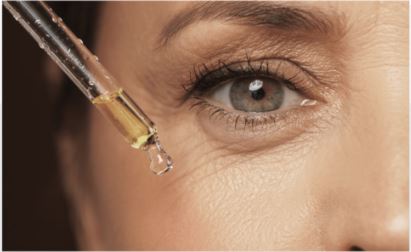
When considering Botox treatments while breastfeeding, it is crucial to consult with your healthcare provider to make an informed decision. The NHS guidelines recommend that nursing mothers discuss their intentions with both their general practitioner and a licensed medical aesthetician. This ensures that any potential risks are carefully evaluated and managed.
First and foremost, inform your healthcare provider about your breastfeeding status. They can provide personalized advice based on your medical history and the specifics of your situation. This conversation will help you understand the potential risks and benefits of undergoing Botox treatments during this period.
It is also essential to choose a reputable medical spa with experienced professionals who are well-versed in treating nursing mothers. Look for specialists who stay updated on the latest research and guidelines related to Botox and breastfeeding. This ensures that they can offer the safest and most effective treatments possible.
Additionally, consider timing your Botox treatments around your breastfeeding schedule. Some mothers prefer to pump and store breast milk before their appointment to minimize any potential exposure to the baby. This can provide added peace of mind, although it is not a guaranteed method to eliminate all risks.
Finally, weigh the necessity of Botox treatments against any potential risks. If the treatment is not urgent, you may opt to wait until you have finished breastfeeding. Alternatively, explore non-invasive treatments such as OxyGeneo facials or TriLipo body contouring, which can offer similar benefits without the need for injections.
For personalized advice and to discuss your options, book an appointment or a free consultation with us today. You can also call us at 647-812-8752 for more information. Our team at Beauty O'Clock Medical Spa is here to help you make the best decision for your beauty and health.
